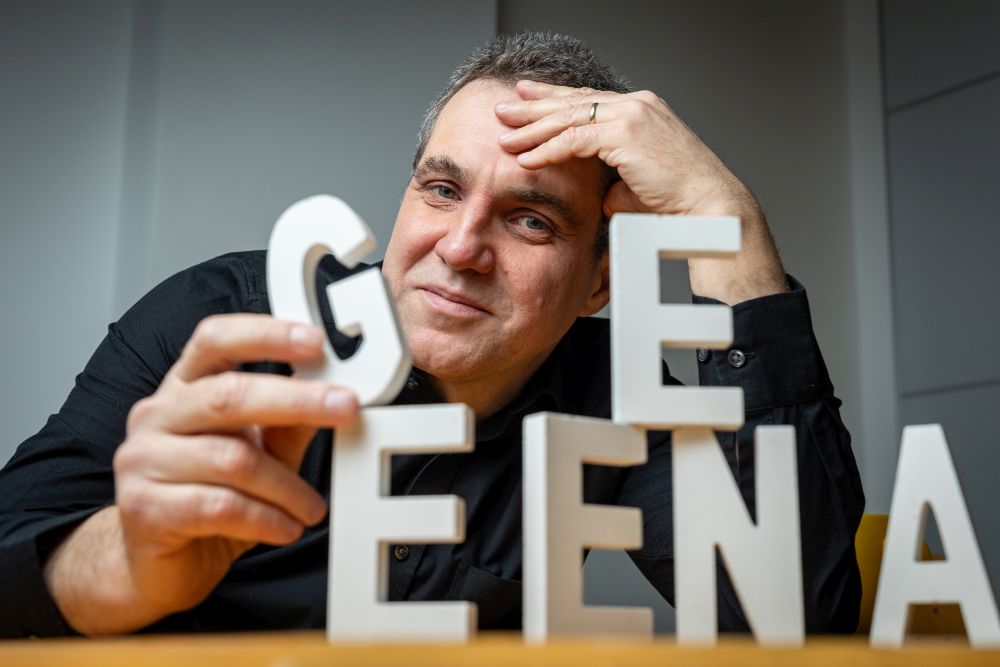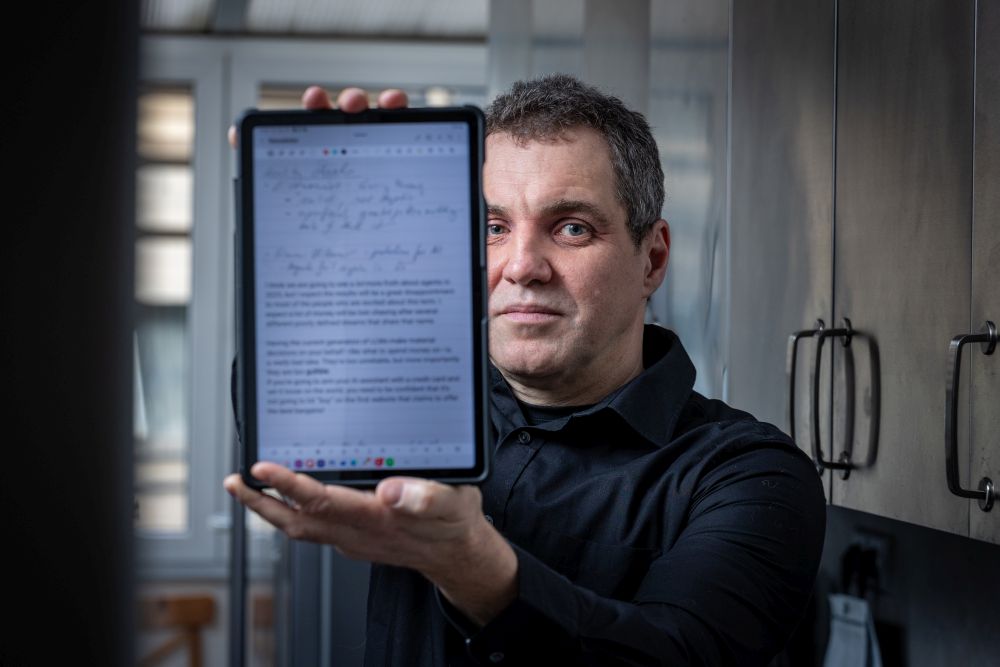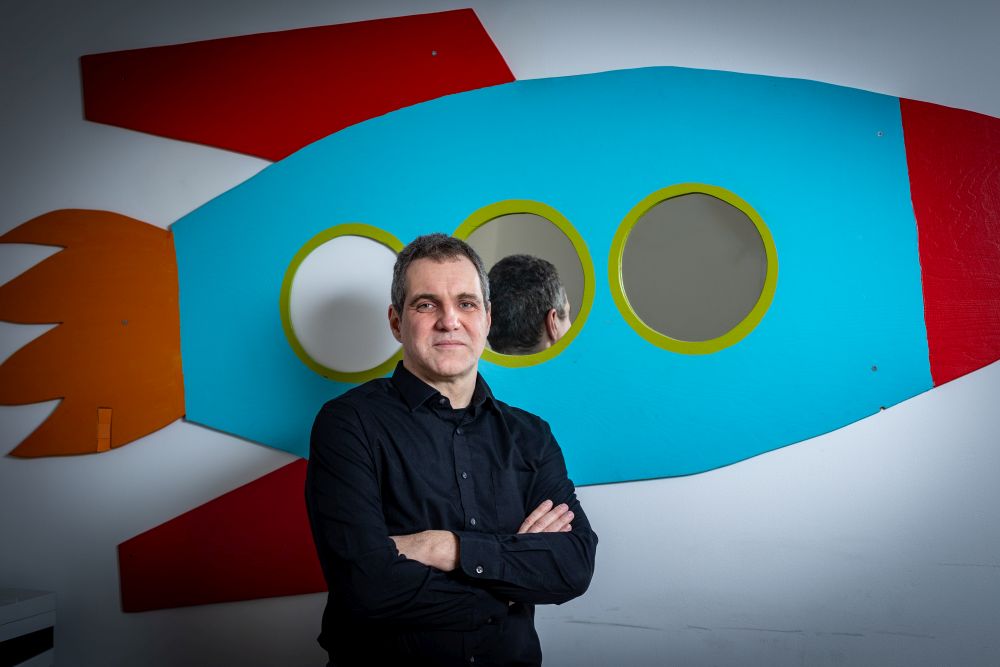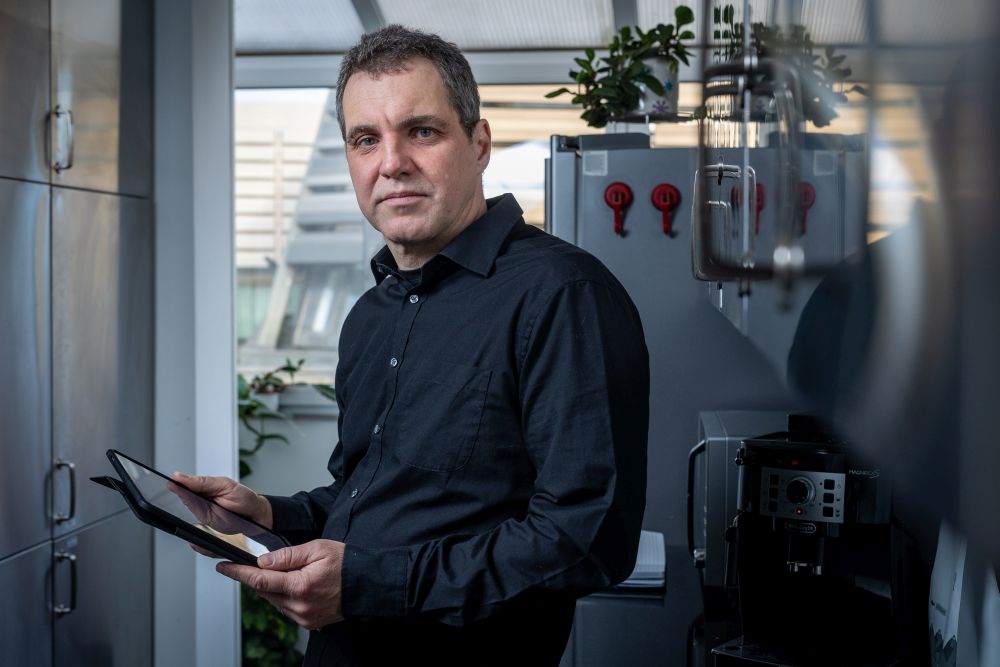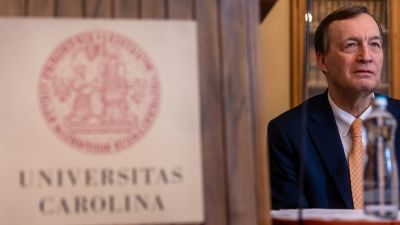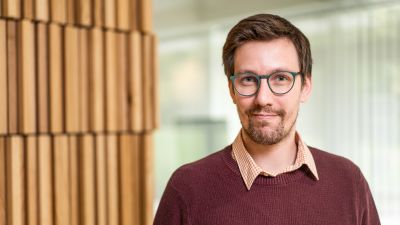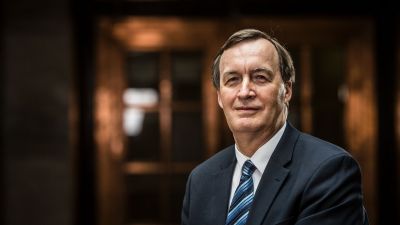One of the world’s leading centers for natural language processing is the Institute of Formal and Applied Linguistics at Charles University’s Faculty of Mathematics and Physics. Jiří Hana studied there, and today he also lectures there – while co-founding and running the company Geneea. Geneea makes language processing technologies accessible to companies that work with large volumes of text or recordings – including media outlets, where it helps journalists with tedious or repetitive tasks.
Geneea celebrated its 10th anniversary last year. What does the company focus on today?
Since my student days at MathPhys, I’ve been working on natural language processing. I was frustrated by the gap between the possibilities opening up for Czech in research and what was actually being used in practice. That’s what led us to start Geneea. Our aim was to make language-processing technologies available to everyday users – to companies in any field. At the time, we were one of the first startups in the Czech Republic doing this. Today, we specialise mainly in the media sector. Our goal is to make journalists’ work easier, and we’re with them every step of the way. For example, if a journalist is writing an article about the Nobel Prize ceremony, our technology can help them search their own newsroom’s archives for relevant past articles. We can summarise the content into bullet points, prepare info boxes or timelines, and, if the newsroom wants, integrate additional external sources.
But you don’t work only with Czech anymore, right?
We have clients not just in the Czech Republic, but also in places like Ireland, Luxembourg, Germany, and the USA. We also work for multilingual newsrooms. We can analyse not only written text in any language, but also video and audio content. For a finished article, we can quickly find relevant photographs from both internal and external image banks. Our technology also handles metadata – the mandatory “housekeeping” of articles that journalists tend to dislike because it’s time-consuming and boring. We can suggest related articles, keywords, or various categorisations, and the journalist simply chooses from them.
We also do analytics – for example, so editors-in-chief know exactly which topics, places, or sectors they cover, how often, and which types of articles are most read at which times of day. We worked with the French public radio station Radio France, which by law must give equal coverage to all regions of the country. It’s not realistic for an editor-in-chief to keep tally marks for every city mentioned in the broadcasts – but our technology can. The editor then gets all the necessary data, interactive maps, and graphs to base decisions on.
For Transparency International, we’ve analysed social media posts. During elections, we focused on what each party was saying about itself. We also analysed how the war in Ukraine was being covered in Russian versus Western media.
Do you also work with Czech public media?
Yes – since 2020, our system has been automatically writing election result stories for the Czech News Agency (ČTK). As soon as data starts coming in from the Czech Statistical Office, we process it, add known previously published facts, and deliver a ready-to-publish article to journalists within seconds. Sometimes they polish the writing style, but the content and grammar must be flawless. Thanks to the time saved, journalists can immediately focus on analytical pieces or interviews with candidates.
How does Geneea work from a technical perspective?
To process articles, podcasts, or broadcasts, we use natural language processing – an area of computer science. We combine technologies ranging from machine learning and neural networks to large language models. Right now, we analyse about one million articles a day – roughly 12 per second. A big part of our work is making sure that even under heavy loads, our suggestions reach journalists in seconds, not minutes.
How has the rise of large language models changed your work?
It’s been a huge leap forward. We use them to take our tools to an even higher level. But to get fast, high-quality results from large language models, you have to know how to work with them. Only then can they be used for serious journalism. As I said, we are able to analyse a million articles a day – a standard large language model would take forever to do that and cost a fortune. But we have the expertise to help our customers find the most efficient solutions.
Geneea has close ties to MathPhys, right?
Yes. I co-own the company with my MathPhys classmate Petr Hamerník, and about a third of our team are MathPhys alumni. Of course, we also have graduates from other technical schools and people from the humanities, but the connection to MathPhys is very strong. We’re partners of the Institute of Formal and Applied Linguistics, representing them in selling Czech and other language-processing tools they’ve developed. I also still lecture at MathPhys and supervise a few master’s theses. I enjoy it – and it’s a chance to show students the kinds of problems tackled in practice, helping them step outside the purely academic bubble.
The media are a vital part of a healthy democracy. Do you think journalists could one day be completely replaced by technology?
Unlike some tech companies, we try to stay very close to our customers – the media – and really understand their work and challenges. That’s why we also attend global media conferences, where topics like how younger generations consume news are often discussed. It’s not that they’re uninterested in world events – but they consume news differently, and media outlets are struggling to adapt. I can’t tell you how journalism as a whole will evolve, but I can tell you what we’re trying to do. Our mission is not to replace journalists, but to help them remain trustworthy sources of information and analysis – and to take the boring, routine tasks off their plates, so they can focus on the important work we all need them to do. Journalism matters enormously, and we’ll do everything we can to help sustain high-quality reporting.
| RNDr. Jiří Hana, PhD |
| Graduate of the Faculty of Mathematics and Physics at Charles University. He earned his Ph.D. at The Ohio State University, USA, and specialises in natural language processing. In 2014, he co-founded the Prague-based startup Geneea, which he continues to help lead. He also teaches courses on language technologies and general linguistics at CU MATHPHYS. |


